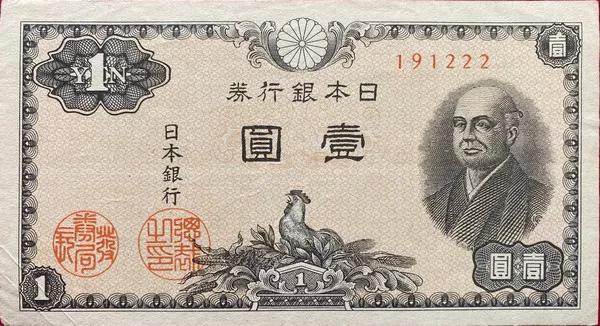As global travel and international trade continue to thrive, the need for currency exchange remains a crucial aspect of financial transactions. For those dealing with the Japanese yen, finding the most favorable exchange rates and reliable services becomes paramount. In this article, we will explore the various options available and delve into where the best place to exchange yen might be, considering factors such as rates, fees, convenience, and reliability.
Banks: A Traditional Choice
Historically, banks have been the go-to option for currency exchange due to their stability and reliability. Most major banks offer yen exchange services, and many travelers default to their own banks out of familiarity. However, the convenience of exchanging yen at a bank often comes with a trade-off – less competitive exchange rates and higher fees. Banks typically have overhead costs that contribute to less favorable rates compared to other alternatives.
Online Currency Exchange Platforms: Embracing the Digital Age
In recent years, online currency exchange platforms have emerged as a viable alternative to traditional brick-and-mortar establishments. These platforms leverage technology to streamline the exchange process, allowing users to buy or sell yen with just a few clicks. The key advantage of online platforms lies in their ability to offer more competitive rates compared to banks, thanks to reduced operational costs.
Platforms such as Wise (formerly TransferWise), Revolut, and OFX have gained popularity for providing transparent and low-cost currency exchange services. Users can track real-time exchange rates and enjoy lower fees compared to many traditional banking institutions. However, it’s crucial to verify the reputation and regulatory compliance of these online platforms to ensure a secure transaction.
Currency Exchange Kiosks: Convenience at a Cost
For those seeking immediate access to cash, currency exchange kiosks are commonly found in airports, tourist areas, and shopping centers. These kiosks offer convenience, but it often comes at a price. The exchange rates at these kiosks tend to be less favorable, and additional fees may apply. Travelers are advised to compare rates and fees with other options before resorting to these convenient yet potentially expensive kiosks.
Local Banks in Japan: A Closer Look
While exchanging yen outside of Japan is a common concern, visitors to the country may wonder about the most favorable places to exchange their currency within Japan itself. Local banks in Japan, such as Japan Post Bank and major commercial banks, provide currency exchange services. These institutions are likely to offer competitive rates and lower fees, making them a reliable option for visitors needing to exchange currency while in the country.
However, keep in mind that local banks may have limited locations and operating hours, so it’s advisable to plan currency exchanges accordingly. Additionally, not all local banks may offer the same rates, so it’s worth comparing options to ensure the best deal.
Local Currency Exchange Shops: Exploring Neighborhood Options
In addition to banks, Japan has a network of local currency exchange shops that cater to both locals and tourists. These shops, often found in popular tourist districts, offer competitive rates and may have more flexible hours compared to traditional banks. However, it’s essential to exercise caution and choose reputable establishments to avoid potential scams or unfavorable terms.
Tips for Getting the Best Exchange Rates:
Timing Matters: Currency exchange rates fluctuate, so timing is crucial. Keeping an eye on market trends and exchanging yen during favorable periods can result in better rates.
Avoid Airport Kiosks: While convenient, currency exchange kiosks in airports typically offer less favorable rates compared to other options. Consider exchanging a small amount at the airport and the remainder elsewhere.
Check for Hidden Fees: Be aware of any additional fees associated with currency exchange. Some providers may advertise attractive rates but offset them with high transaction fees.
Use Online Rate Trackers: Various online tools and apps allow users to track real-time exchange rates. Staying informed can help you make informed decisions about when and where to exchange your yen.
See Also Why Is The Yen Getting Stronger?
Conclusion:
Choosing the best place to exchange yen involves a careful consideration of various factors, including exchange rates, fees, and convenience. While banks provide stability, online platforms offer competitive rates, and local options in Japan may present favorable terms. Ultimately, the decision depends on individual preferences and needs. By staying informed and comparing options, travelers and individuals engaged in international transactions can optimize their currency exchanges and make the most of their financial resources.


